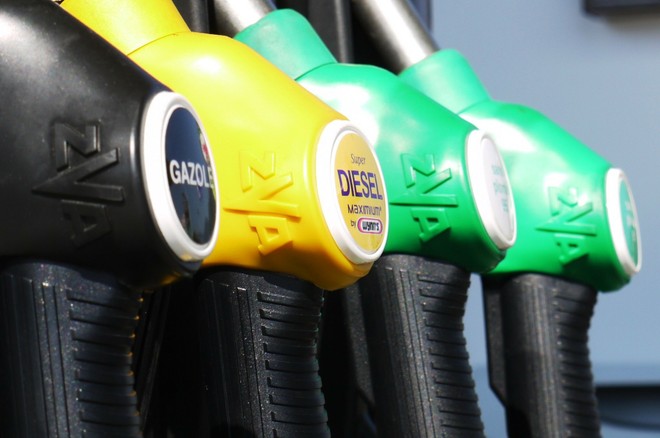
The European Commission has proposed 2035 as the date from which they can be sold to the # 39; within the European Union only zero emission cars . Today, the Commission has finally presented the package of proposals ( Fit for 55 ) that will serve; to achieve the objectives contained in the European Green Deal . All member countries have made a commitment to make the European Union climate-neutral by 2050. To achieve this ambitious goal, it is necessary to achieve this. emissions must be reduced by at least 55% by 2030 compared to 1990 levels.
It is therefore necessary to intervene on more; sectors such as transport which have an important impact on overall emissions (12%). The European Commission, therefore, has decided to push to make transport much more; clean by setting resolutely ambitious goals. To accelerate towards mobility green, & egrave; a was proposedreduction of emissions from cars by 55% by 2030 and 50% of those from vans (compared to 2021 values).
GOODBYE TO PETROL AND DIESEL CARS
From 2035, however, the cut will be; 100% . Therefore, from that moment on it will be possible to buy only zero-emission cars and that is; electric ones and those equipped with Fuel Cell systems . For some time there has been talk of 2035 as the date for the & quot; end & quot; of endothermic engines. Several reports had indicated that the Commission was moving in this direction. Furthermore, to reinforce this hypothesis, the fact that several car manufacturers, in recent weeks, have announced an important acceleration of their electrification plans.
To date, many builders are already theoretically in line with the European Commission proposal. It will be at this point it is very interesting to wait for the reactions of those brands that have moved the most. slowly towards mobility; electric. At the same time, it will be; It is also interesting to evaluate the reactions of the governments of the member countries given that the automotive sector will have to; face a profound transformation that could also have consequences from the point of view of employment. Probably the most reactions & quot; strong & quot; come from those countries in which the major car manufacturers are present.
But the news for the world of transport they did not end there. Speaking of the will & agrave; to push the adoption of zero-emission cars, car manufacturers and not only have long been asking the European Union for a plan for a rapid expansion of the charging or refueling infrastructure (hydrogen ) . In this regard, the Commission will impose; Member States will install recharging points on motorways every 60 km and hydrogen refueling stations every 150 km.
In addition, starting from 2026, road transport will be applied to road transport & quot; emissions trading, with the result of attributing a price to pollution, stimulating the use of more fuels; clean and direct investments towards clean technologies & quot ;. The plan must be approved by the EU Member States and the European Parliament. Therefore, changes are possible and certainly there will be a lot of controversy.
The package of proposals, however, goes well beyond the transport sector and touches several other areas such as renewable energy, industry and more. The Commission has also proposed the creation of a fund to provide funding to encourage the spread of zero-emission cars and the energy renovation of buildings.
The best Apple smartphones? Apple iPhone 12, on offer today by Dimstore for 673 euros or from Amazon for 789 euros .